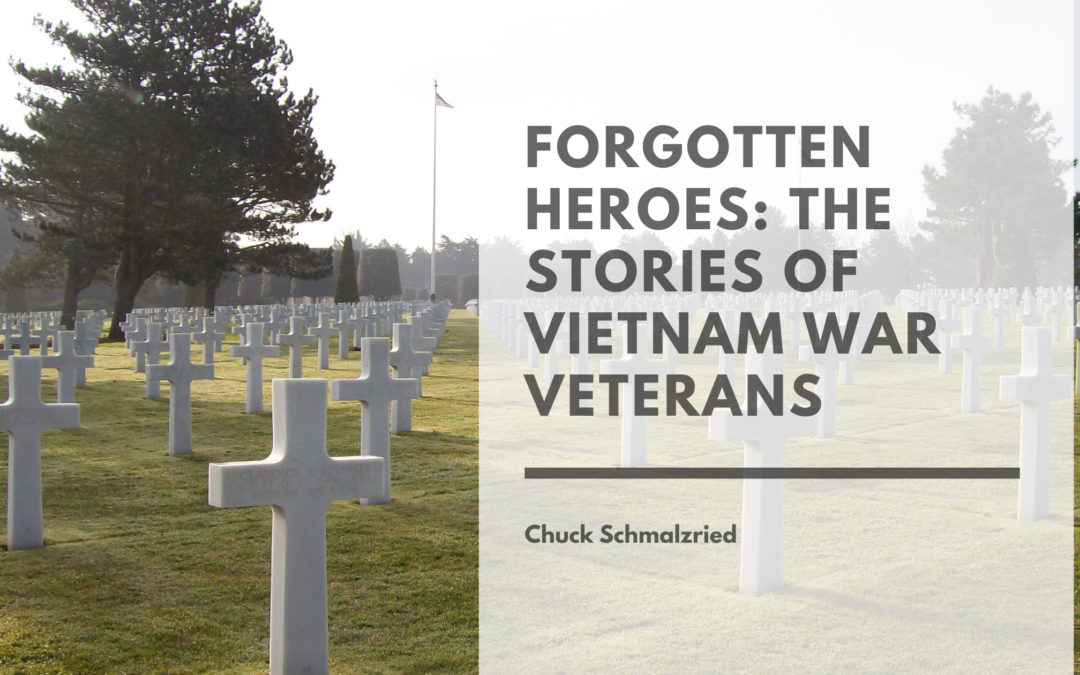The Vietnam War was a conflict that divided a nation and left lasting scars on those who fought in it. Unlike previous wars, Vietnam veterans returned home to a society that was often indifferent or even hostile toward their service. These veterans, many of whom were still in their early 20s, had risked their lives in a brutal and unforgiving environment only to be met with rejection upon their return. Their stories are a poignant reminder of the human cost of war and the enduring impact of conflict on those who serve.
Fighting in a New Kind of War
The jungles of Vietnam were unlike any battlefield American soldiers had ever experienced. The dense foliage and tropical climate, combined with guerrilla warfare tactics used by the Viet Cong, made combat extremely difficult. One such veteran, Sergeant David Ramirez, recalls the intensity of the combat. “It wasn’t just about fighting an enemy you couldn’t see; it was about surviving the environment,” he said. “We were constantly battling the heat, the insects, and the uncertainty of where the next attack might come from.”
For many soldiers, the war was a constant struggle to survive. Corporal Lisa Greene, one of the few women who served as a nurse in Vietnam, described the never-ending stream of casualties in field hospitals. “You couldn’t even stop to think about what was happening. We were overwhelmed with soldiers coming in, many of them with injuries we had never seen before. But we did what we could to save them.” Greene’s experiences underscore the devastating human toll of the conflict, both on the battlefield and in the hospitals where soldiers fought for their lives.
The Return Home: A Cold Reception
Unlike veterans of previous wars, Vietnam War veterans were not greeted as heroes when they returned to the United States. The war had become increasingly unpopular, and many veterans faced protests and scorn rather than gratitude for their service. James Franklin, a helicopter pilot during the war, recalls being spit on when he arrived home. “I couldn’t believe it. We had just come back from hell, and people were treating us like criminals,” he said. Franklin’s story is not unique; many Vietnam veterans faced similar hostility.
This cold reception took a heavy emotional toll on veterans, many of whom struggled to adjust to civilian life. Post-traumatic stress disorder (PTSD) was widespread among Vietnam veterans, but at the time, there was little understanding or support for those suffering from it. Many veterans, like Franklin, found it difficult to talk about their experiences and were left to deal with the psychological scars of war on their own.
Finding Strength in the Aftermath
Despite the challenges they faced, many Vietnam veterans found ways to rebuild their lives and contribute to their communities. Thomas Evans, who served as a Marine during the war, went on to become a schoolteacher and mentor to troubled youth. “I knew what it was like to feel lost and abandoned,” he said. “I wanted to help kids who were going through tough times to find a way out.” Evans’ story is a testament to the resilience and strength of Vietnam veterans, who, despite the odds, found ways to give back and make a difference in their communities.
Some veterans also became vocal advocates for their fellow soldiers, pushing for better healthcare and recognition of the mental health challenges many of them faced. Lisa Greene, the nurse who served in Vietnam, became an advocate for veterans’ mental health services. “We didn’t have the support we needed when we came back, and I wanted to make sure future generations didn’t go through the same thing,” she said.
A Legacy of Sacrifice and Courage
The stories of Vietnam War veterans are ones of courage, sacrifice, and resilience. Despite facing an often hostile homecoming, these veterans continued to serve their country in new ways, whether through advocacy, mentorship, or simply by telling their stories. Their experiences are a reminder of the heavy price of war and the importance of honoring those who serve, regardless of the political climate of the time.
As we reflect on the Vietnam War, it’s crucial to remember the personal struggles of those who fought in it. The war may have ended decades ago, but its impact continues to be felt in the lives of the veterans who lived through it. Their stories deserve to be told, not just as a part of history, but as a tribute to the enduring strength of the human spirit.
